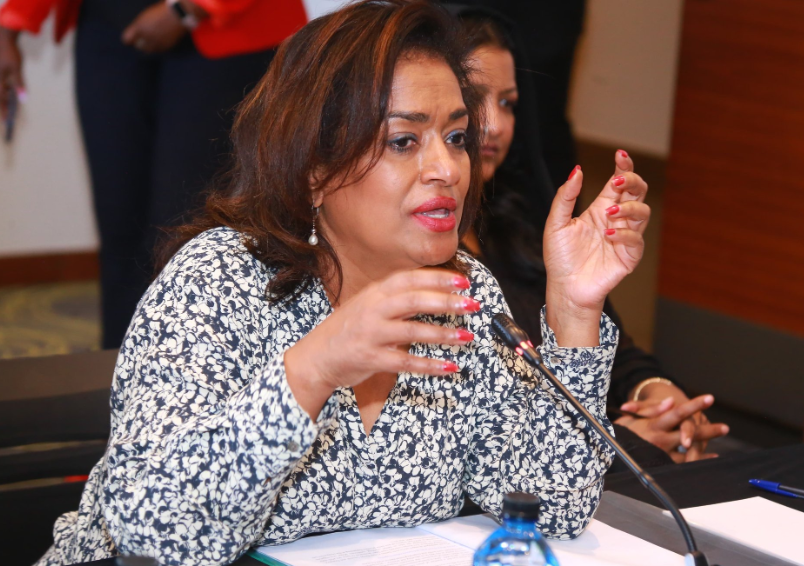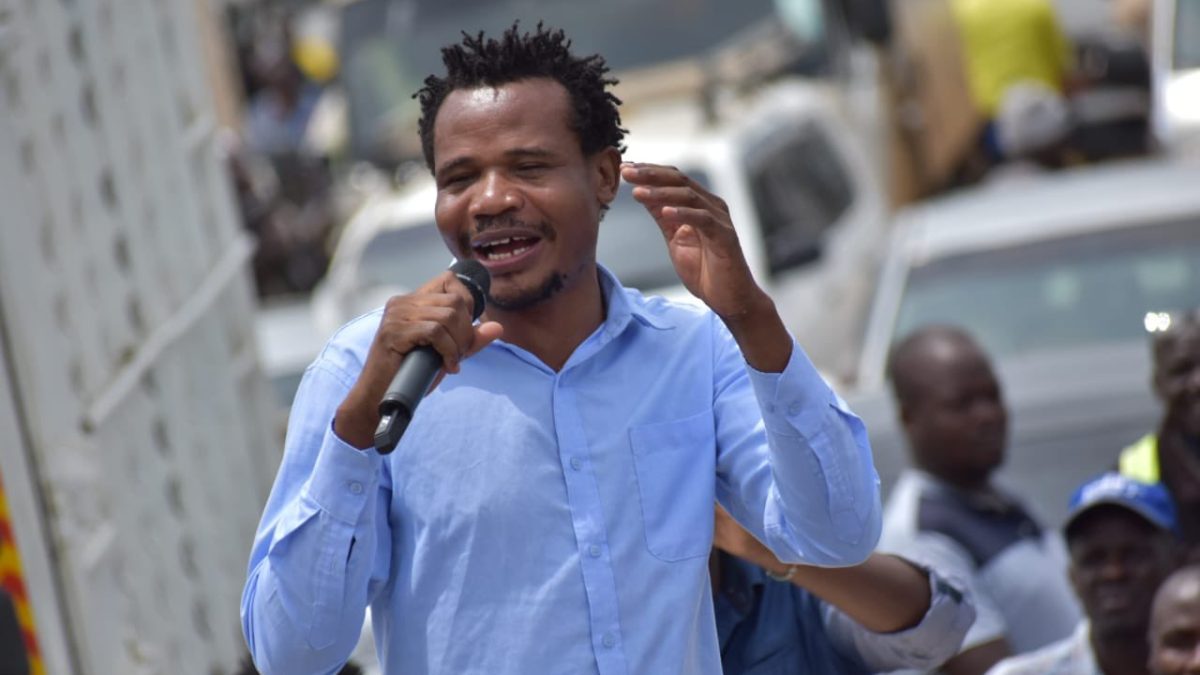Kenya deepens IAEA ties to tackle soaring cancer burden

Kenya has vowed to intensify its efforts to combat the country’s growing cancer burden following a high-level meeting between Defence Cabinet Secretary Aden Duale and International Atomic Energy Agency (IAEA) Director General Rafael Mariano Grossi.
In a statement on Duale’s X account dated July 4, 2025, he noted that the partnership will go a long way in curbing the cancer menace. The meeting highlighted Kenya’s deepening partnership with the IAEA as cancer cases escalate to over 44,000 new diagnoses and 28,500 deaths annually, with projections showing the numbers could double by 2040.
“In a major step toward strengthening Kenya’s cancer response, I held a bilateral meeting with IAEA Director General Rafael Mariano Grossi at Afya House,” said Duale. “We reviewed our vital partnership in tackling the country’s rising cancer burden.”
National Cancer Institute of Kenya
The Cabinet Secretary emphasised the importance of the National Cancer Control Strategy 2023–2028, developed by the Ministry of Health in conjunction with the National Cancer Institute of Kenya (NCI-K). The strategy incorporates IAEA’s technical expertise in nuclear medicine, imaging, and early screening to improve prevention and treatment across the country.
A central part of this collaboration is the IAEA’s Rays of Hope initiative, which has begun to transform cancer care in Kenya. “Through its Rays of Hope initiative, the IAEA has donated two LINAC radiotherapy machines now serving patients in Nakuru and Eldoret, with a third soon to be operational in Mombasa,” Duale noted. “These machines have already cut waiting times from six months to under one.”
Linear Accelerator
The installation of these LINAC (linear accelerator) machines addresses a long-standing gap in Kenya’s cancer treatment infrastructure. According to the Journal of Global Oncology (2019), improved access to radiotherapy in low-income settings can increase survival rates by up to 20%. Yet global disparities persist—only 10% of radiotherapy equipment serves 90% of cancer patients worldwide, according to the IAEA Cancer Report 2022.
Duale used the meeting to push for further expansion. “I appealed for two more LINACs for high-burden counties and welcomed continued IAEA support in nuclear medicine, imaging, early screening, and digitising cancer registries,” he said.
The meeting, attended by senior health officials including PS Mary Muthoni, PS Alfred Korir, and Health Director General Dr. Patrick Amoth, signals Kenya’s ambition to lead regional efforts in cancer care through sustainable, high-impact solutions.
As the third LINAC machine prepares to launch in Mombasa, Kenya, is not only scaling up its cancer response but also showcasing how middle-income nations can deploy advanced health technologies to bridge global care gaps.














